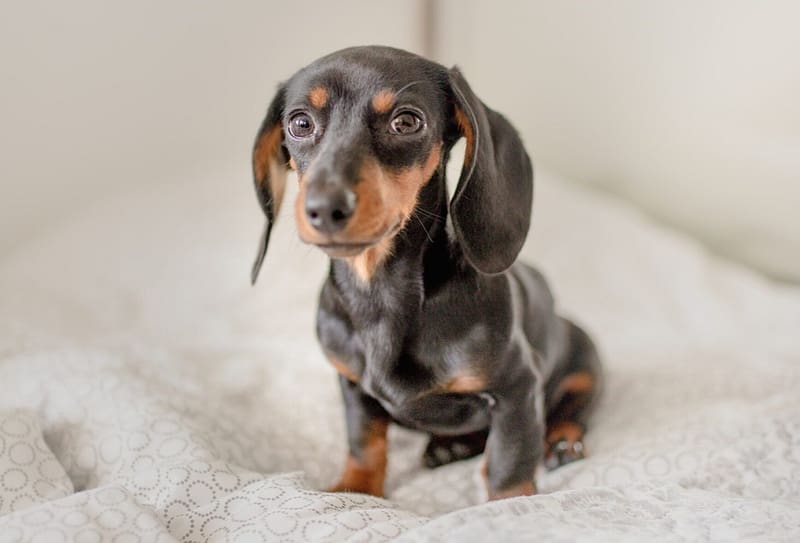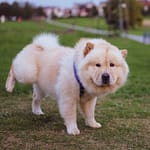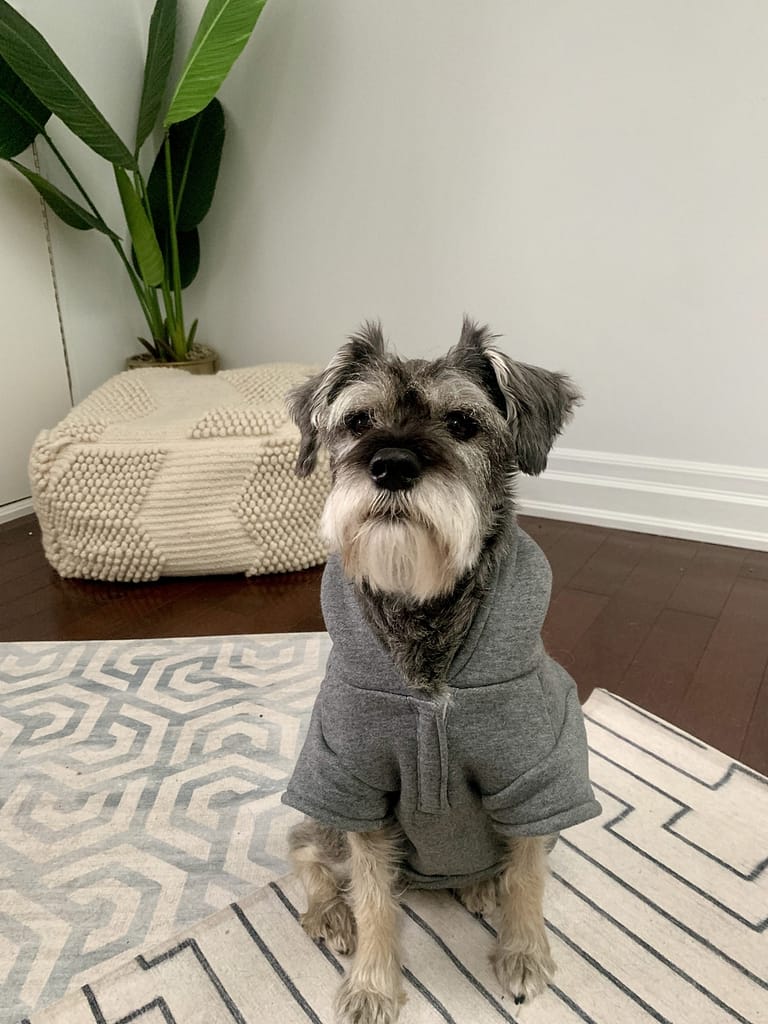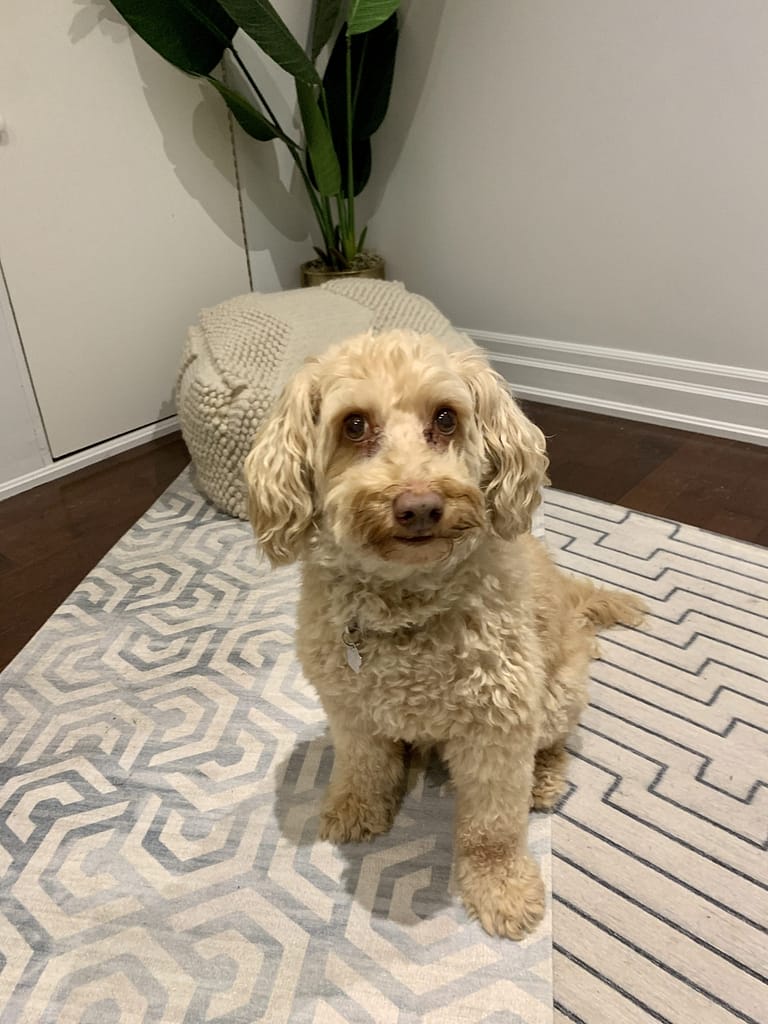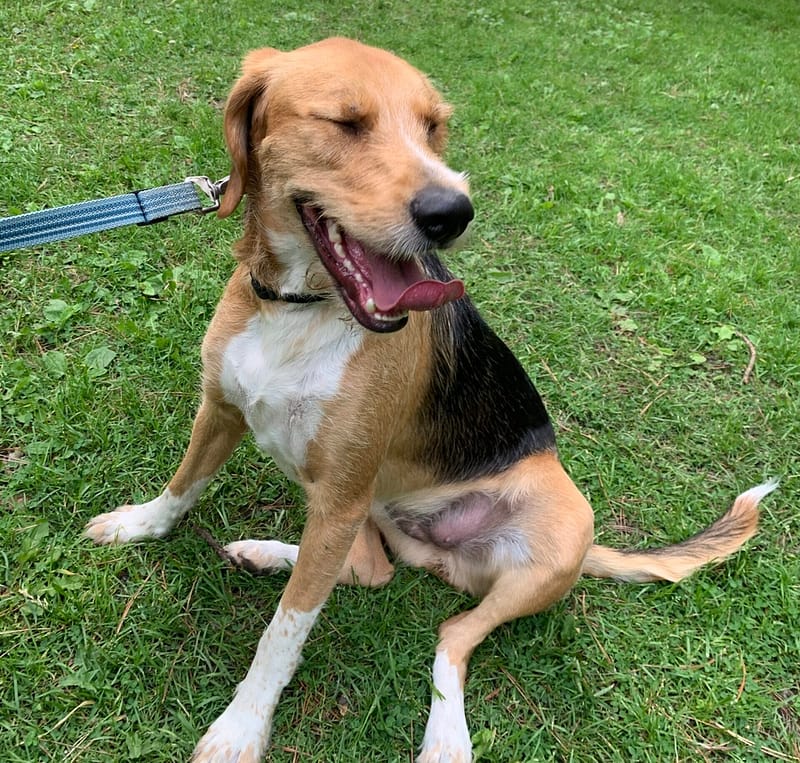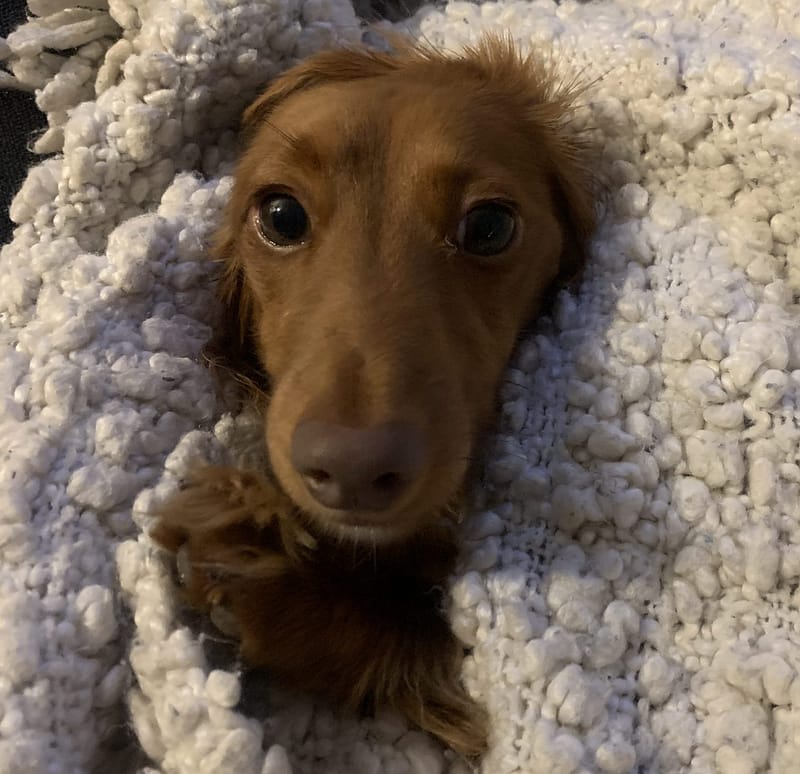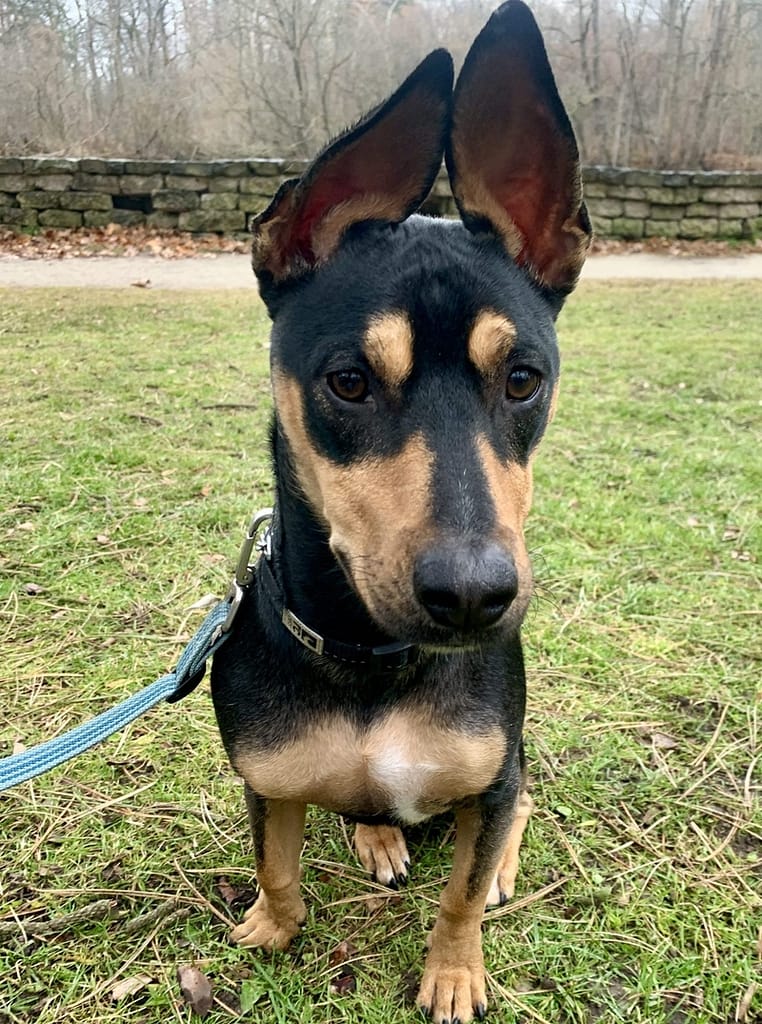More than half of the time of a puppy parent is spent in trying to calm their puppy down and on the off chance that they do calm down, the rest of their time is spent in wondering why they’re so calm! The phrase “keep calm and carry on” does not apply to puppies and puppy parents.
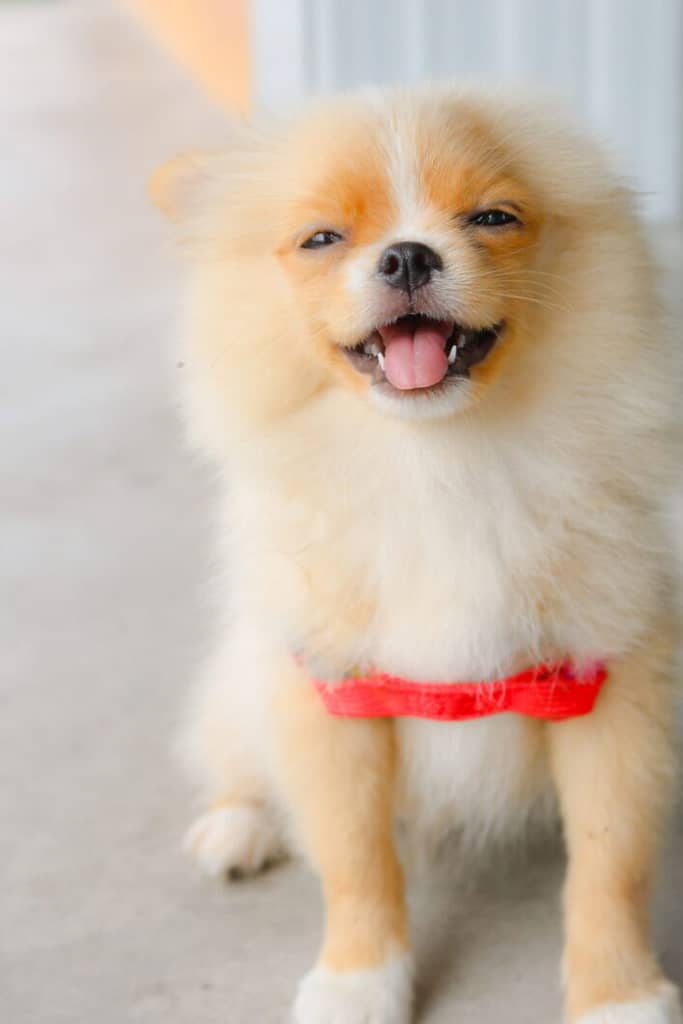
Causes of Puppy Overstimulation...
When it comes to young puppies, they are new to everything and everything is new to them. At that age, puppies have the heart of an explorer and will be curious about everything around them. During the course of their day, there may be countless stimuli that may peak their interest and rile them up, leaving them hyper and overexcited. These situations may include
- New environments
Puppies “see” with their noses. Their noses can detect things and elements that may not be visible to the naked eye. Visiting new places and exploring new environments often mean that their noses have to work extra hard to soak in all the information around them. This may have an overwhelming effect on pups.
- Bursts of energy
Puppies nap over 15-16 hours a day. This means that they spend plenty of time filling their reservoir of energy. After a solid nap of over a couple of hours, puppies may experience a burst of energy which usually translates into hyperactivity, excessive nipping and jumping and “zoomies.”. They may also experience a spike in their energy levels after the last walk of their day. This is when you would notice them riling up and being hyperactive.
- Overstimulation
Puppies use their sensory organs namely eyes, nose, ears, skin and tongue to interact with the world. Several times, while doing so, their senses may overlap, causing them to get overstimulated and overwhelmed. This may lead to hyperactivity.
- Stressful factors
Sometimes, the smallest thing like the sound of a spoon falling down like could scare a puppy. Some puppies may recover quickly from scary instances and continue playing whereas some of them find their own way to cope. Hyperactivity may be one such coping mechanism.
- Interactions and play
Dogs are pack animals and thrive on social interactions. Their love for interaction often translates into playfulness and hyperactivity. Puppies often find it difficult to calm down on their own after they’ve had an episode of hyperactivity and could use some help in settling down post that.
5 ways to train a puppy to calm down:
- Take frequent downtime breaks
Downtime allows dogs to process and retain information that they’ve absorbed during the day. It encourages calm behavior and promotes better mental health and well being. Without downtimes, puppies would keep getting overstimulated and hyper with no means to calm themselves down. This may result in undesirable behaviors like excessive vocalization, nipping, jumping etc and may eventually lead to anxiety.
To ensure downtime between longer play sessions, you could crate your dog for a few minutes from time to time, create distance from the exciting stimuli, practice cues like Settle to help your pup calm down faster.
- Engage in obedience training
The main objective of obedience cues like Stay, settle, down, etc is to help pups behave in a desirable way in day-to-day situations and make it easier for humans to communicate better with them. These cues act as enablers while helping puppy smoothly transition from a hyper state of mind to a calm one.
Next time when your puppy goes out of control displaying hyper behavior, try putting them on a leash and actively engaging them in calming commands. Make sure to reward them for every successful repetition.
- Reinforce calm behavior through the day
Puppies repeat the behaviors that gets them attention or rewarded in some way. We often ignore our puppies when they are in a naturally calm state of mind because most of our time during the day goes in getting exasperated over undesirable behaviors and correcting them. Unintentionally, we end up fuelling the bad behaviors because those are the ones that get the most attention, leaving the calm behavior disregarded.
To encourage calm behavior through the day, it is imperative for us to proactively mark and reward those behaviors as and when they happen. Eg- if your puppy is sitting inside the crate, not making a sound, just being a good kid, make sure to verbally praise them and reward them with some treats. Doing so multiple times a day will motivate your dog to be calmer through the day and also enjoy doing so.
- Provide your pup with ample exercise
Different dog breeds have different exercise needs. 2 walks a day does not for every dog. Some of them need more, much more. Lack of ample exercise is often the cause of hyper behavior.
Recognize your breed’s needs and focus on engaging them in activities accordingly. Eg, Border Collies were bred to be herding dogs and have a lot to offer in terms of energy, intelligence, quickness and resilience. They have strong herding instincts which cannot be fulfilled by walks. Games like agility or sports like Treiball provide them with appropriate outlets to harness their natural instincts.
Attempt to strike a balance between physical and mental stimulation activities to ensure proper enrichment for your dog. A balanced exercise schedule will make sure your puppy grows up into a calm, confident canine.
- Crate training
Crates make excellent training assist tools. They help build bladder control, they keep puppies safe in the absence of humans, prevent accidents, help puppies settle down faster and prevent destructive behaviors. If used correctly, crates make great spots to optimize downtimes, keep puppies busy while teaching them the art of self engagement.
3 types of Games to play with hyperactive puppies:
- Agility games
Agility games like fetch, lure coursing, dock diving etc are excellent ways to tire out those dogs that have endless energy. You do not need to invest money in these activities. You can make your own DIY agility course in your backyard. A simple toy like a flirt pole can also do wonders.
- Mental stimulation
Interactive games like puzzle toys, treat dispensers, frozen feeders, etc are some ways you can keep your pup busy without too much of human involvement. These games teach puppies to keep themselves engaged in something productive while preventing behavioral issues and destructive behavior stemming from boredom.
- Brain games
Brain games include those exercises and games that have human-canine partnership at its core. These games include obedience training cues, trick training, interactive games etc. These games help dogs calm down and vastly improve their cognitive skills.


